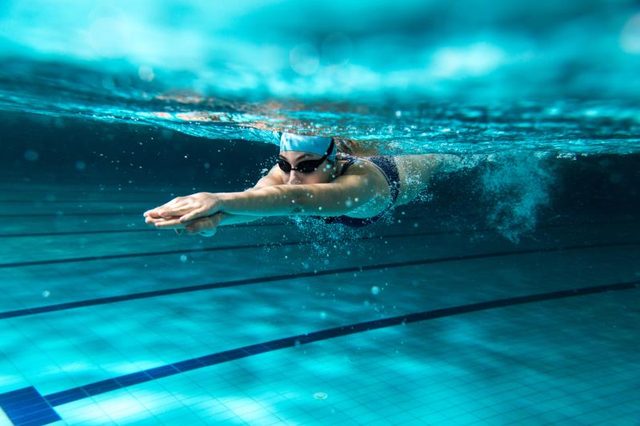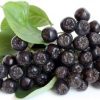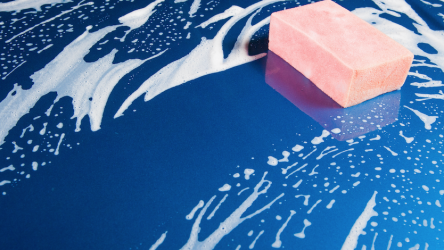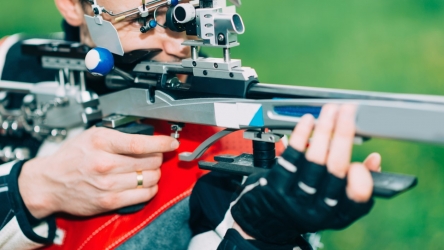
Swimmers should have proper nutrition planning and this can be quite complicated, especially for professional swimmers. However, we should make sure to gain peak level of performance. For professionals, it is often more than just about swimming up and down. They also need to consider that swimming requires significant endurance, which requires the availability of fuel. It means that professional swimmers should know how much to eat, when to eat and what to eat. Like other athletes, they also consider an ideal mixture of fats, carbohydrates and protein. Carbohydrate can be quickly converted to energy immediately, fat is ideal for long-period of endurance and while protein can be used as energy reserves, they are also essential for repairs and recovery.

In general, 60 percent of energy intake should be obtained from carbohydrates, 25 percent from fat and 15 percent from protein. However, the composition may vary depending on specific training requirements. As an example, professional swimmers could require between 3000 to 6000 calories depending on their physical activities. There are types of carbohydrate sources that we may consume, such as grains and green pea. Fat intake could also be obtained from nuts, canola oil and other polyunsaturated sources.
Although swimmers are highly active in water-dominated spots, they should also have proper hydration. As an example, they could drink 2 cups of water 2 hours before the practice session. Every 15 minutes of the practice session, professional swimmers should also drink up to 10 ounces of water. Healthy diet should be supplemented with multivitamin and mineral complex. Before a competition, athletes may need to have proper carbohydrate loading to ensure good physical performance. Good diet will significantly improve our athletic performance and this method is usually known as carbohydrate loading.
Carbohydrate loading is useful for endurance activities, as an example when professionals are required to compete for about 90 minutes. The method has been shown to be quite successful in ensuring performance. The primary sources of good carbohydrates are beans, grains and vegetables. Our body should be able to convert complex carbohydrates into enough glycogen that can be used to maintain proper exercises. Without proper carbohydrate loading, glycogen stores could be depleted and the overall athletic performance may suffer. It is something that any professional swimmer should consider.
About five days before the competition begins, professional athletes will need to increase their carbohydrate consumption to about 70 percent, protein intakes need to remain the same and fat consumption should be reduced accordingly. In this situation, the glycogen stores in athlete’s muscles will likely double, compared to the normal amount. During training sessions before the competition, glycogen stores can be replenished by fruits and sports drinks. In general, glycogen stores should be high in the preceding days before the competition. Professional athletes will need to be accompanied by sports nutritionists to make sure that they obtain the proper amount of carbohydrates. During the recovery period, more protein will be needed to aid recovery and healing process.







